Why HP thinks Syrian refugees need top-of-the-line tech
HP extends HP Learning Studios to offer £2,200 Sprout machines to refugees in Lebanon
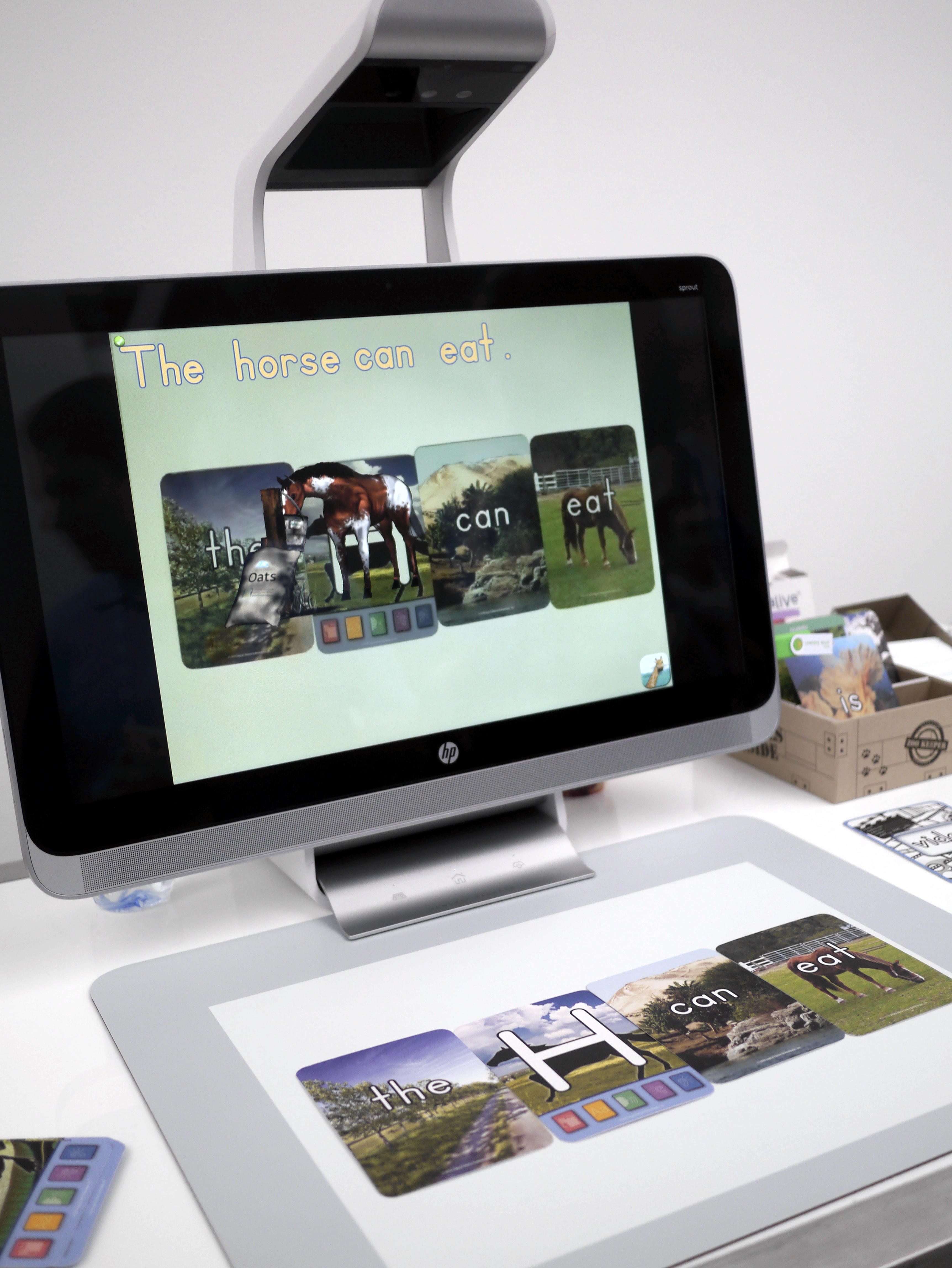

Top-end educational tech shouldn't be limited to wealthy schools in developed countries it should be spread as widely as possible.
That's according to Gus Schmedlen, vice president for worldwide education at HP, speaking on the sidelines of BETT 2017, describing HP's Learning Studios project that sees the 3D scanning computer piloted in sixty schools in 15 countries around the world.
At the end of last year, HP announced plans to expand that to include six more in Lebanon for Syrian refugees. "Everybody gets the same kit, everybody gets the same lessons," he said. That kit includes a Sprout, 3D printer, PageWide printer, and ten client PCs. The aim of the project is to cultivate early adopters around the world, rather than simply testing them in HP labs, with third-party, independent researchers tracking the impact of such technology in the classroom.
So why extend the trial to refugees? "First Syrian refugees will hopefully feel less of an impact from the negative circumstances that they're under," he said. "We also know that there is a schism that has happened in their lives, and the first thing to go isn't water or food, it's education."
Inspiring both the students and their teachers to get back into education is key, but beyond benefiting younger people, the studios will also help their parents reskill to find work in the digital economy. "By day, these studios will be for primary and secondary students on the borderlands of Syria," Schmedlen said. "At night, it's going to be to reskill and skill up adults whose careers have been changed or impacted by conflict. We're hoping we can use this prototype, in partnership with the UN High Commission on Refugees, to create more and smarter aid for education in emergencies."
Of course, that doesn't require a 2,200 computer with 3D capabilities and much more. Why not supply more computers that are a little less high tech? "We had a choice to make: do we provide dumbed down equipment or dumbed down kit something different than students on the International Baccalaureate in the US are using and our answer was a profound no," he said, adding it was a deliberate decision. "We want to give them the exact same opportunity. We want to honour the intelligence and abilities of these students in the exact same way."
Plus, by keeping the project as part of the wider Learning Studios programme, it means the Syrian refugees can communicate to students in the other 60 studios what their life is like. "We want to show those 60 other learning sites what it's like to be a refugee and give those students hope of what it's like to be at these 60 other schools," he added.
Sign up today and you will receive a free copy of our Future Focus 2025 report - the leading guidance on AI, cybersecurity and other IT challenges as per 700+ senior executives
Freelance journalist Nicole Kobie first started writing for ITPro in 2007, with bylines in New Scientist, Wired, PC Pro and many more.
Nicole the author of a book about the history of technology, The Long History of the Future.
-
 Trump's AI executive order could leave US in a 'regulatory vacuum'
Trump's AI executive order could leave US in a 'regulatory vacuum'News Citing a "patchwork of 50 different regulatory regimes" and "ideological bias", President Trump wants rules to be set at a federal level
-
 TPUs: Google's home advantage
TPUs: Google's home advantageITPro Podcast How does TPU v7 stack up against Nvidia's latest chips – and can Google scale AI using only its own supply?
-
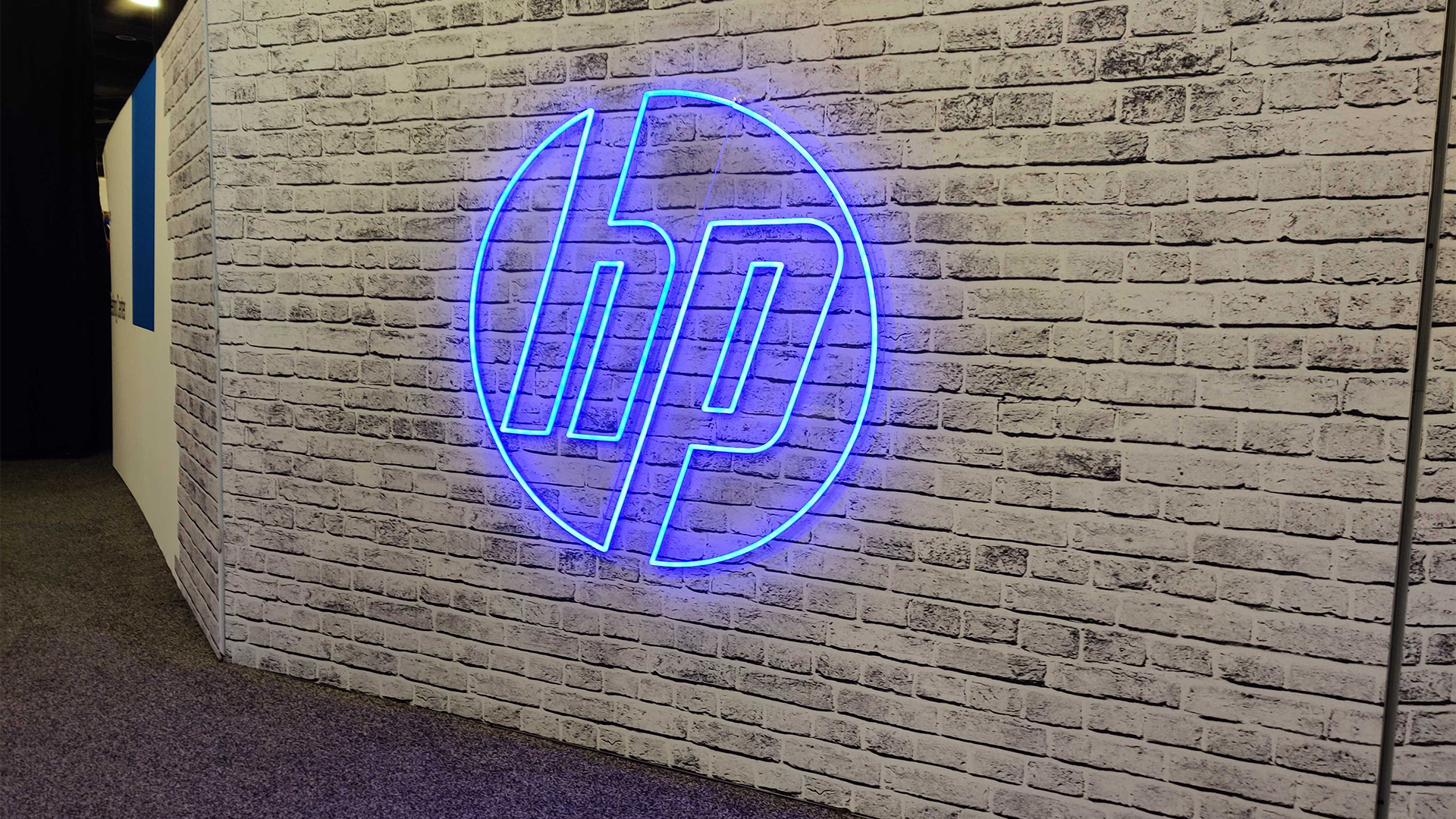 HP’s sustainability drive is paying off for channel partners
HP’s sustainability drive is paying off for channel partnersNews Channel partners that bought into HP’s sustainability program saw sales increase as customers react positively
-
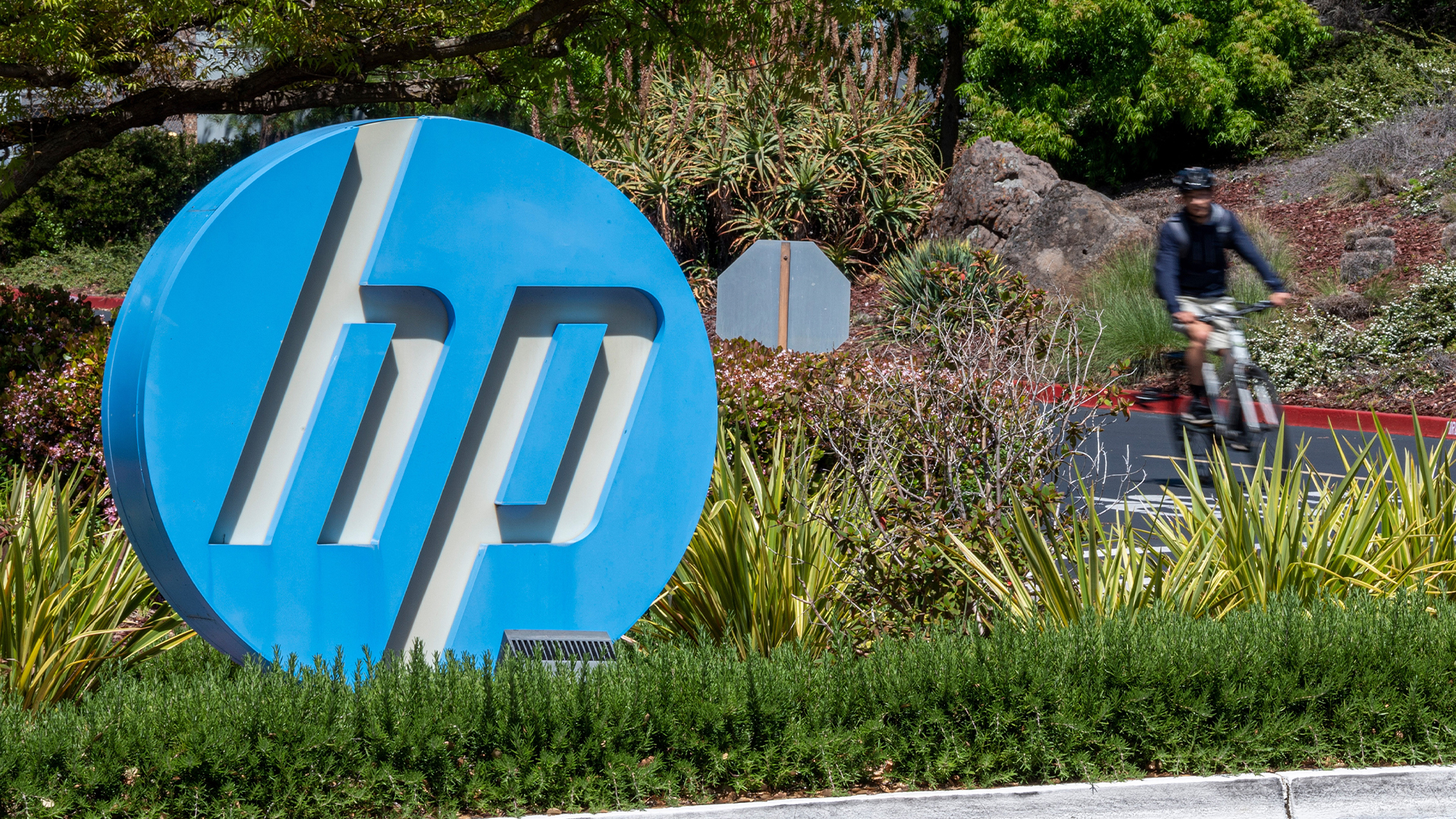 ‘We think that selling everything helps the customer’: HP wants to supercharge its partner program to support a new market strategy
‘We think that selling everything helps the customer’: HP wants to supercharge its partner program to support a new market strategyNews HP has enhanced its partner program to encourage channel partners to sell its entire range of products and solutions.
-
 HP and Canva want to help users "design anything and print anywhere"
HP and Canva want to help users "design anything and print anywhere"News The new multi-year collaboration aims to provide an accessible, scalable, and sustainable printing experience to global customers
-
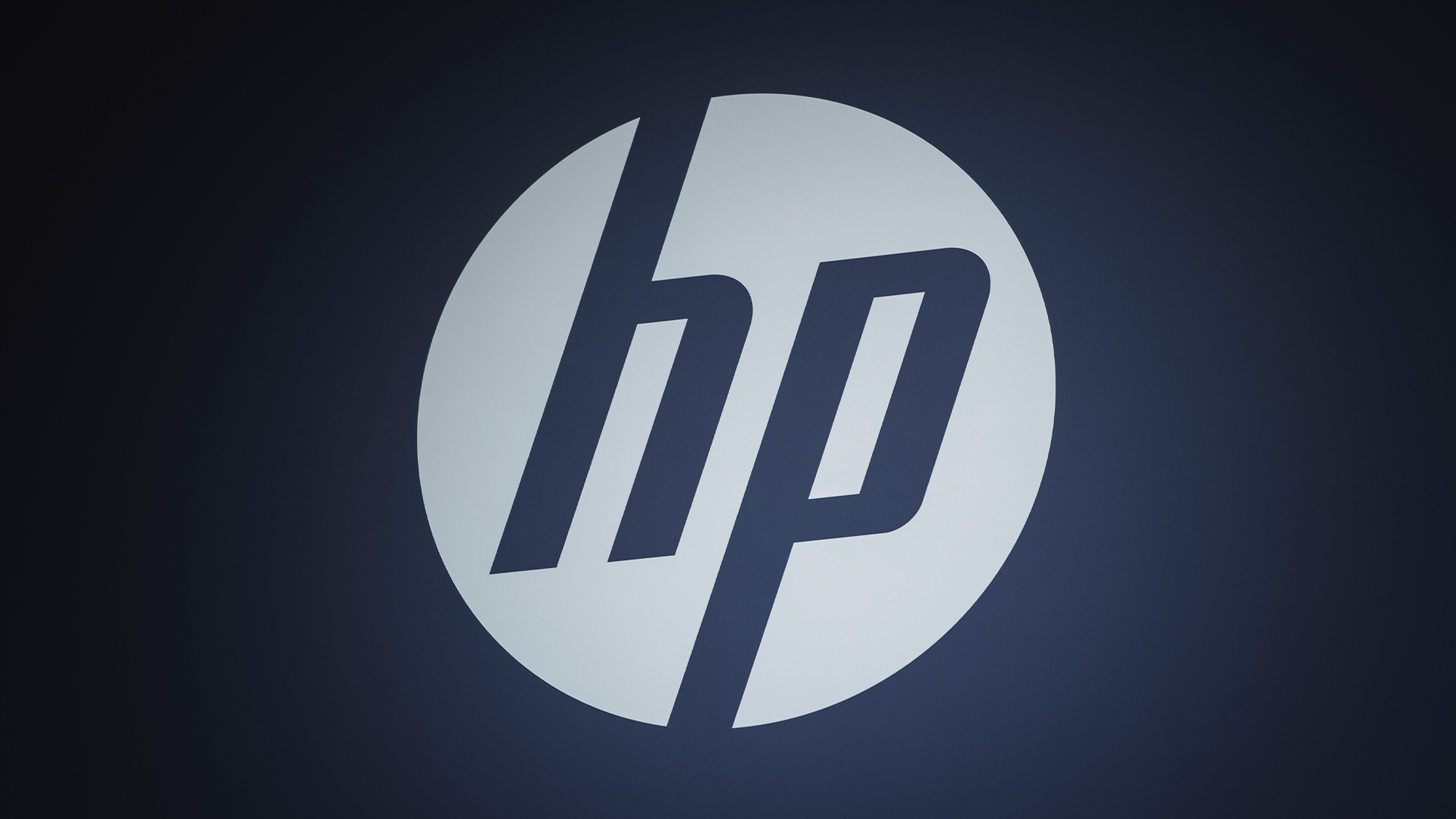 HP infuses Amplify Partner Program with new AI-based training and benefits
HP infuses Amplify Partner Program with new AI-based training and benefitsNews Additions include an AI MasterClass training and certification program, and a new growth opportunity in AI Data Science
-
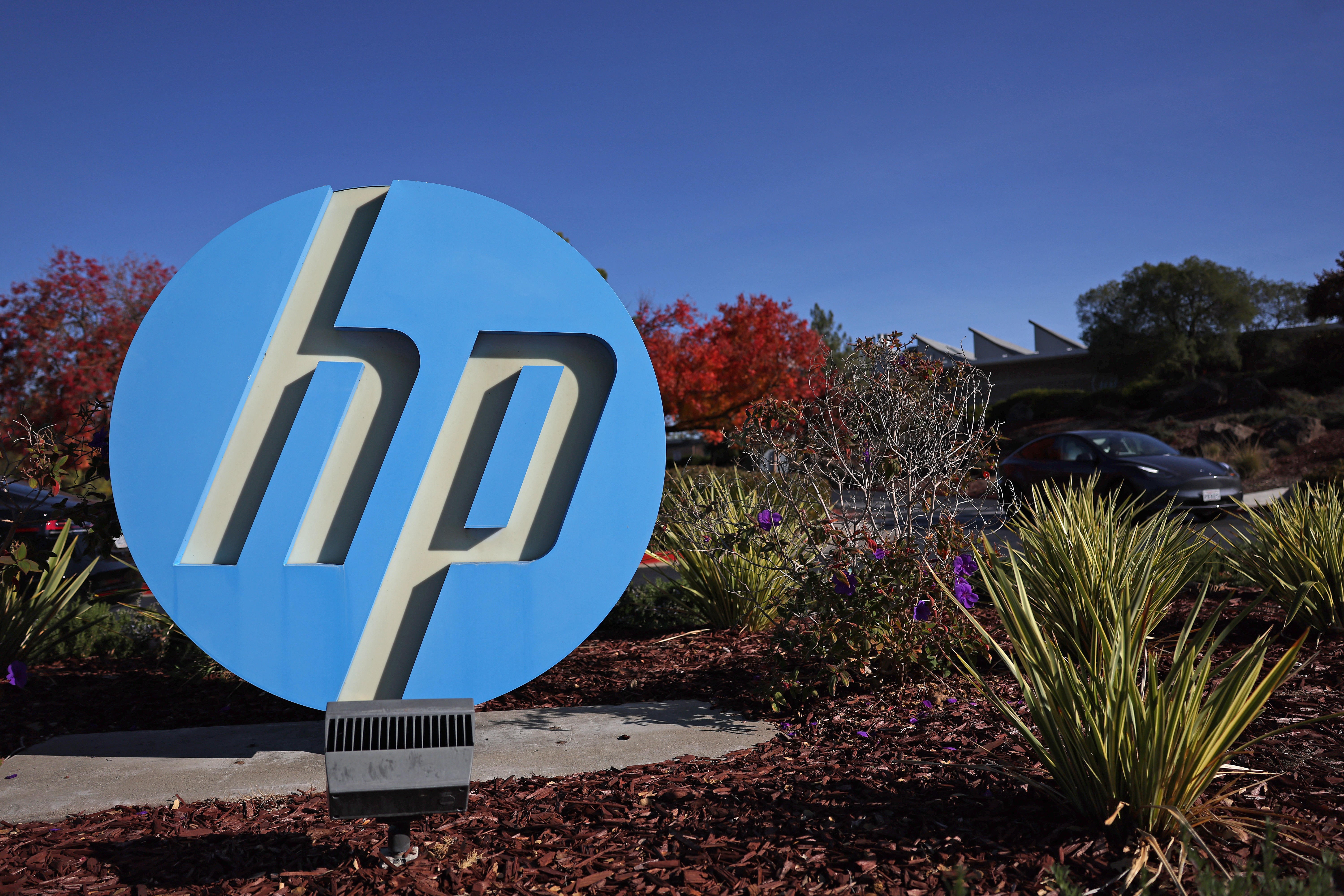 Lawsuit concerning HP's “fraudulent” printing supply sales resurrected following appeal
Lawsuit concerning HP's “fraudulent” printing supply sales resurrected following appealNews Complainants argue that HP actively defrauded investors over printing supply sales between 2016 and 2016
-
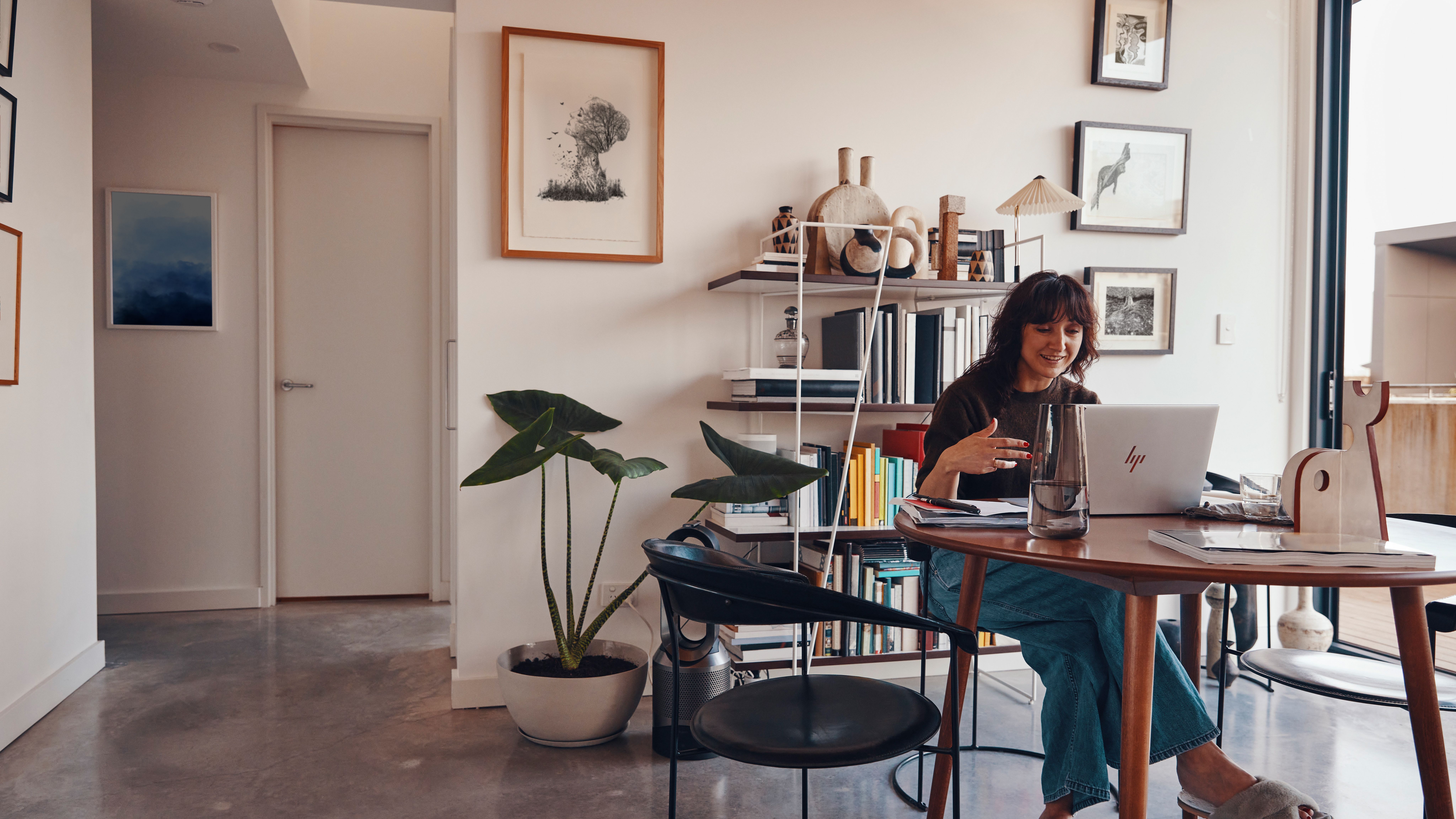 HP launches PCs for hybrid workers with 'world-first' dual-camera setups
HP launches PCs for hybrid workers with 'world-first' dual-camera setupsNews The new devices unveiled at CES 2023 come with a host of features intended to help hybrid workers perform better, no matter where they are
-
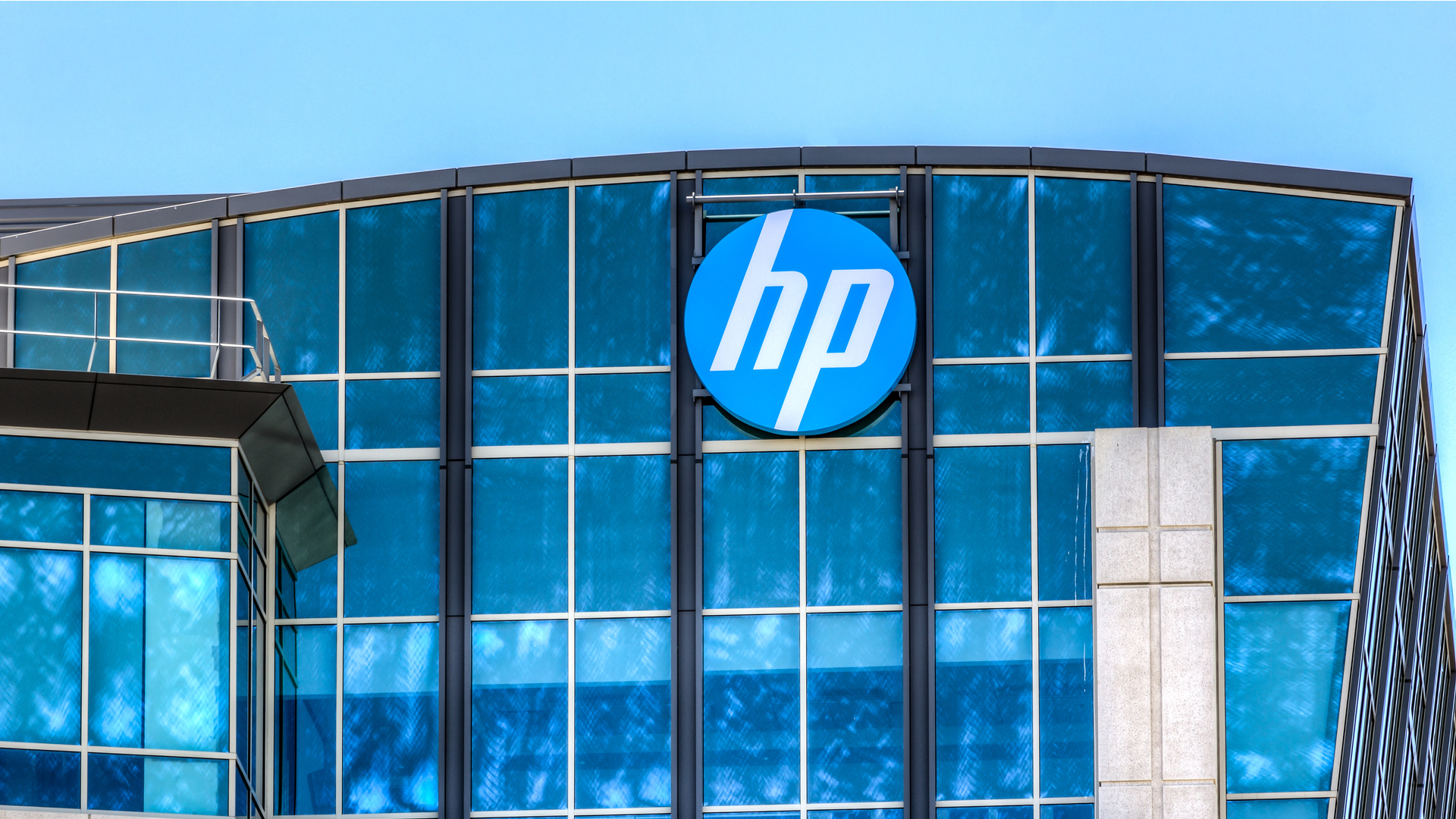 HP unveils new remote collaboration subscription offers
HP unveils new remote collaboration subscription offersNews The combined offering will support collaboration across multiple systems and applications
-
 HP buys remote software specialist Teradici
HP buys remote software specialist TeradiciNews The acquisition will help HP to deliver new compute models and services tailored for hybrid work
